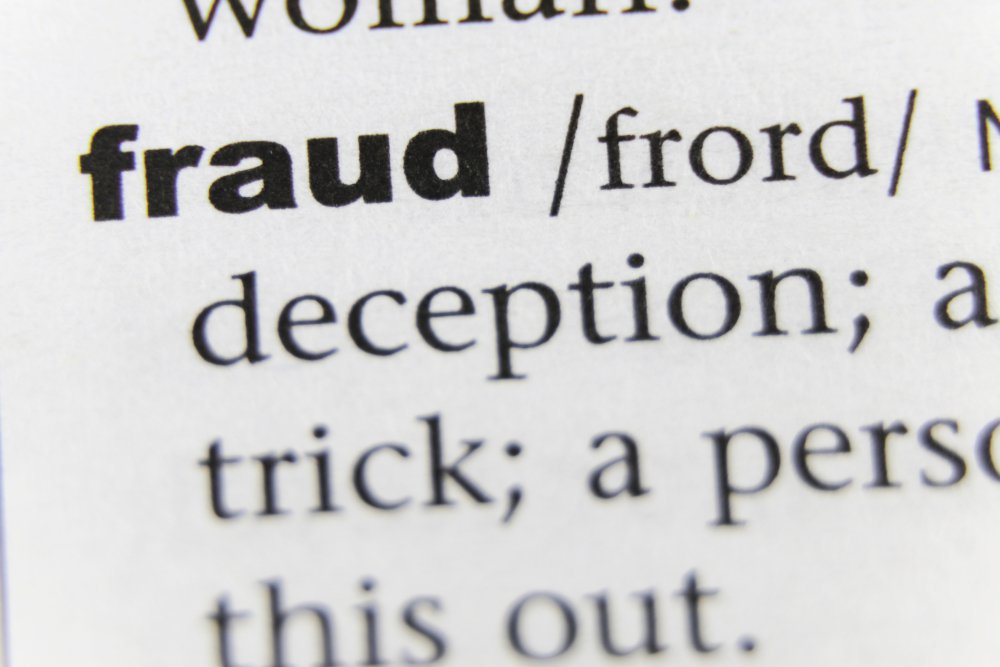If you are like most businesses, you pay a considerable sum for insurance coverage. In return, when you submit a claim for covered losses, you expect the insurance company to reimburse you. Unfortunately, insurance companies routinely look for excuses to unfairly deny claims, whether in full or in part. They rely on intentionally ambiguous policy language and exploit loopholes to limit their liability and protect their bottom line. If your insurer has denied all or part of a claim for which you believe you are entitled to reimbursement under the terms of your contract, don’t accept this as the final outcome. There are several things you can do to dispute the denial and recover the funds that are rightfully yours under your contract.
Directly Appeal to Insurer
When denying or limiting coverage, the insurer will notify you of its stated reason(s) in a disclaimer of coverage letter. With these listed reasons in mind, carefully review your policy and your previously submitted claim and craft a written response to the insurance company. In your response, provide a compelling, thorough argument of why you are entitled to coverage based on your insurance contract. Include the facts of the situation and any additional evidence in support of your claim that you did not include with your initial submission. When presented with new evidence, an insurance company has a good faith obligation to reopen a claim and reconsider its decision.
Force Negotiation
Another option is to hire an experienced insurance lawyer to craft a response and negotiate with the insurance company on your behalf. A knowledgeable insurance lawyer can often resolve disputes with insurance companies without the need for litigation. An attorney’s response that includes compelling factual and legal arguments and supporting evidence may convince the insurer to reconsider its decision in order to avoid the risk of costly litigation. At this juncture, the insurer may reverse its position and fully cover the claim, or it may agree to settle the claim for an amount that is less than the full claim but acceptable to you.
Alternate Dispute Resolution
If negotiations prove unsuccessful, the next step may be mediation or arbitration, which are known collectively as alternative dispute resolution (ADR). Some insurance contracts contain a clause requiring the parties to use ADR either before or instead of litigation. Mediation is a voluntary, non-binding, relatively informal process in which a neutral third party guides negotiations between two parties. The mediator does not decide the outcome, but uses tried and true techniques to help the parties reach an agreement. When successful, mediation can be a relatively fast, inexpensive way to resolve disputes. But when it fails, you will be right back where you started. , with nothing to show for your investment. In arbitration, which is more formal, both sides present their arguments and evidence before a neutral arbitrator, who then decides the outcome. Arbitration can be binding or non-binding, and voluntary or involuntary; with binding arbitration, the arbitrator renders a legally enforceable decision, by which both parties must abide. Binding arbitration is generally less costly and time-consuming than litigation, but if you are unhappy with the decision, your appeal options are very limited.
Litigation
If other efforts fail, you may choose to file a lawsuit charging your insurance company with breach of the insurance contract and, where appropriate, breach of the duty of good faith and fair dealing. At various phases of litigation, the insurance company will be required to respond to the complaint, sit for a deposition, produce documents and other evidence, and justify its reasons for denial of coverage. A good insurance lawyer will expertly challenge the insurance company’s reasons for denial. While litigation is generally more costly than ADR, it has certain advantages. Unlike with binding arbitration, litigation provides appeal options if you are unhappy with the final result. It also allows you to bring bad faith allegations, if warranted, against the insurance company. As bad faith liability carries significant damages, potential bad faith exposure may motivate the insurer to try to reach a settlement. Whether or not bad faith allegations are on the table, the insurer may agree to a settlement with you at any point in litigation. Settling is often preferable for both sides, since it saves time and money while allowing both you and the insurance company to avoid the unknown result at the end of the trial. In fact, the vast majority of insurance lawsuits settle before the final verdict.
If you are involved in a dispute with your business insurance company, contact Schwartz Conroy & Hack. We have the expertise, experience and tenacity to make insurance companies keep their promises to you and your business.

